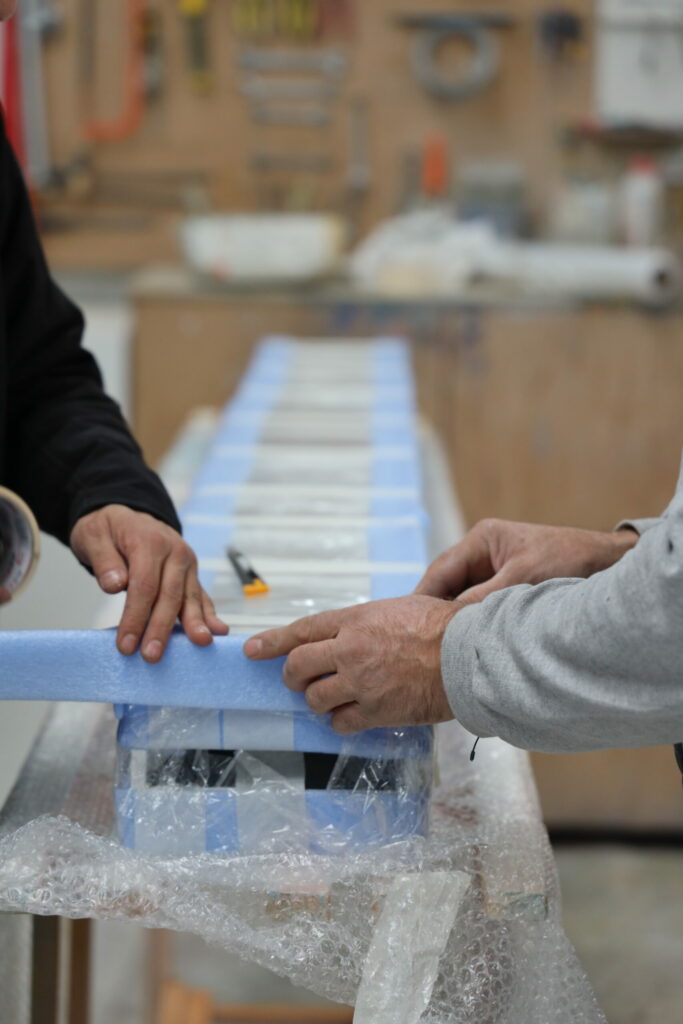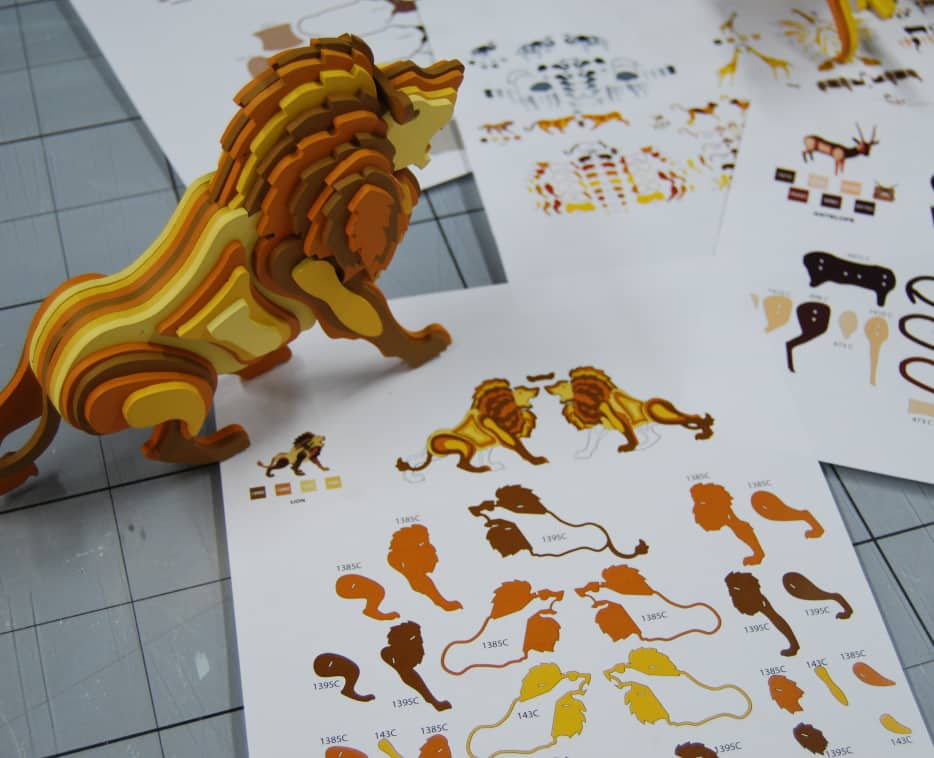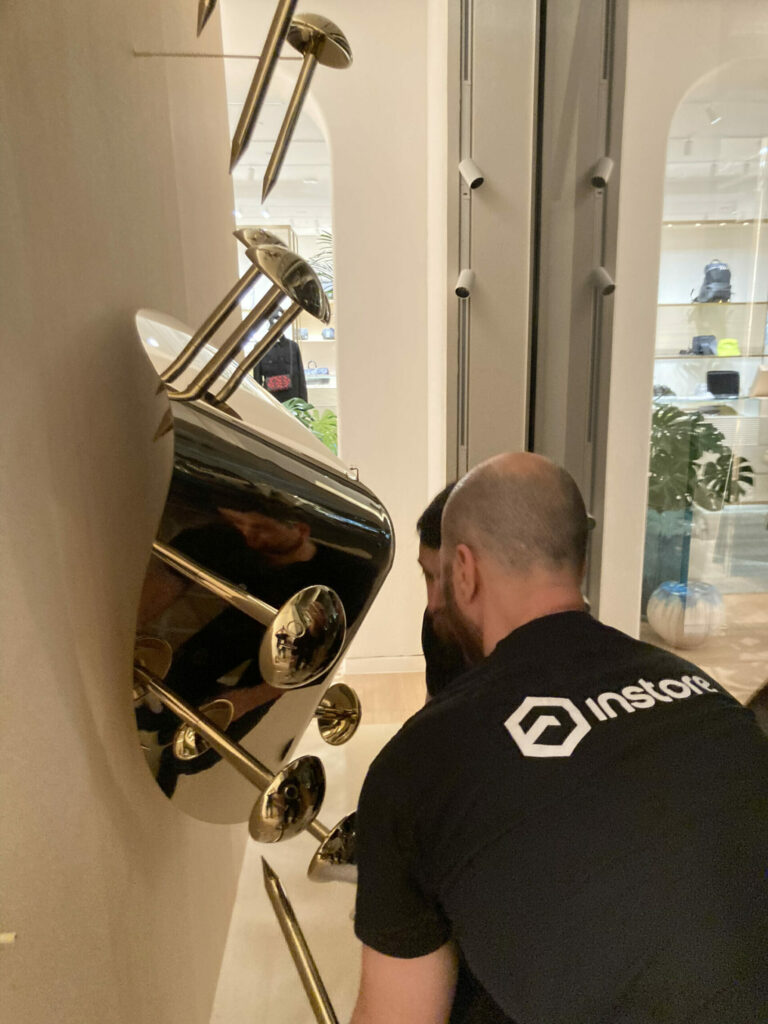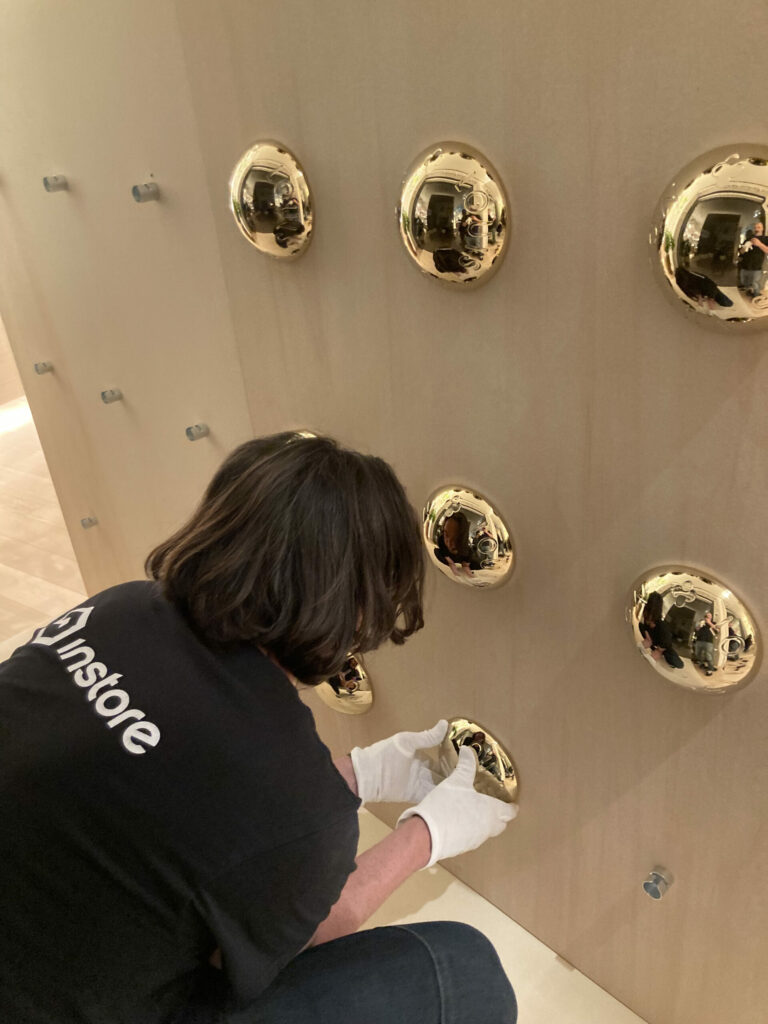
In the fast-paced world of retail, where competition is fierce and customer experience is paramount, efficient and effective installation at points of sale is crucial. However, when it comes to developing new campaigns across multiple locations, whether nationally or internationally, the task can become complex.
From coordinating geographically dispersed teams to navigating a variety of local regulations and cultural challenges, point-of-sale circuit installation presents a unique set of challenges. But it also offers opportunities for innovation, process standardisation, and continuous improvement.
This is why we must clearly understand the key points, whether to deploy a new advertising campaign in all stores of a national chain or to open a series of locations in international markets. Strategic planning, efficient coordination, and intelligent use of technology can make even the most ambitious projects manageable and successful.
It is crucial to consider essential keys to ensure faultless installation in your projects. These keys are fundamental to ensuring efficiency and quality throughout the process, from planning to execution.
It is important to explore solid and strategic planning before starting any point-of-sale installation.
Once objectives are established, the necessary resources to achieve them are assessed. This can include financial, human, and material resources. It is important to conduct a thorough evaluation to ensure that adequate resources are allocated at each stage of the process.
With clear objectives and assessed resources, a detailed plan is drawn up, including timelines and responsibilities. This plan acts as a roadmap guiding the project’s execution. It defines who is responsible for each task and when each task should be completed to stay on schedule.


Having a strategic plan also allows for anticipating potential obstacles and developing contingency plans to address them. This helps minimise risks and keep the project on track, even when unexpected challenges arise.
The need for efficient coordination among internal and external teams, as well as with suppliers and contractors, is fundamental for the successful execution of a project.
Clear communication is essential to ensure that everyone involved is aligned with the project’s objectives, timelines, and expectations. This can involve regular meetings, the use of management tools, and the designation of responsible persons for each team.


Synchronising activities is crucial to ensure installations are carried out smoothly and within the established budget. This involves coordinating material delivery schedules, labour availability, and work scheduling to minimise downtime and maximise efficiency.
Maintaining quality standards at all points of sale, whether nationally or internationally, is essential.
The quality of installations is crucial for providing good customer service. Each point of sale must meet the same quality standards in terms of design, space layout, equipment functionality, and product presentation.
Maintaining uniform quality across all locations reinforces brand image and builds customer trust. It helps ensure customer satisfaction and fosters brand loyalty. When customers know what to expect when visiting a store in a chain, they are more inclined to return and recommend the brand to others. Additionally, a positive experience at a point of sale can influence overall brand perception and customer purchase decisions.




Training staff and having professionals in each department ensure that marketing campaigns at POS are consistently executed, avoiding confusion and guaranteeing quality.


Purchasing management and subsequent material distribution are key aspects. This involves coordinating the timely delivery of all materials at each location, from products to equipment.
Advanced planning and coordination with suppliers are fundamental to ensuring that materials are available when and where needed.
Transportation is another critical aspect of logistics management in large-scale installations. It involves proper coordination to move materials from origin points to chosen locations.
Optimising routes and efficient delivery scheduling are important to minimise times.
Installation must be handled by professionals, providing a bespoke service for each client with an exceptional level of quality. Additionally, measures should be taken to ensure that work is carried out efficiently and safely, minimising risks for both staff and customers.
Adapting to local contexts involves understanding and responding to cultural, regulatory, and geographical differences in each location where campaigns are conducted.
It is important to consider local preferences and sensitivities regarding store design and presentation, as well as customer service expectations. Each country has different regulations, and it is crucial to take this into account.


The selection of materials and suppliers may also vary depending on the local context. It is important to choose materials and equipment available in each location and meet local quality and safety standards.
Technology and management tools play a fundamental role in optimising retail campaigns. This includes the use of project management software, asset tracking systems, and communication tools to facilitate collaboration between teams.


Project management software: These tools allow for the planning, scheduling, and supervision of all activities related to installations.
Asset tracking systems: These systems enable real-time monitoring of the assets used, such as equipment, materials, and products.
Communication tools: Effective communication is crucial for coordinating geographically dispersed teams and ensuring seamless execution.
Tracking and analysis technology: These tools allow for collecting and analysing relevant data on performance, such as execution times, costs, and customer satisfaction.
Working to improve these processes is essential. Real-time communication about the progress of installed campaigns and performance data provides valuable information for identifying areas of improvement.
By making adjustments in the processes, efficiency and quality in future projects are optimised, ensuring the continuous success of campaigns at the point of sale.
You may also be interested
open
08:00 AM-18:00 PM Monday – Friday
08:00 AM-18:00 PM Monday – Friday